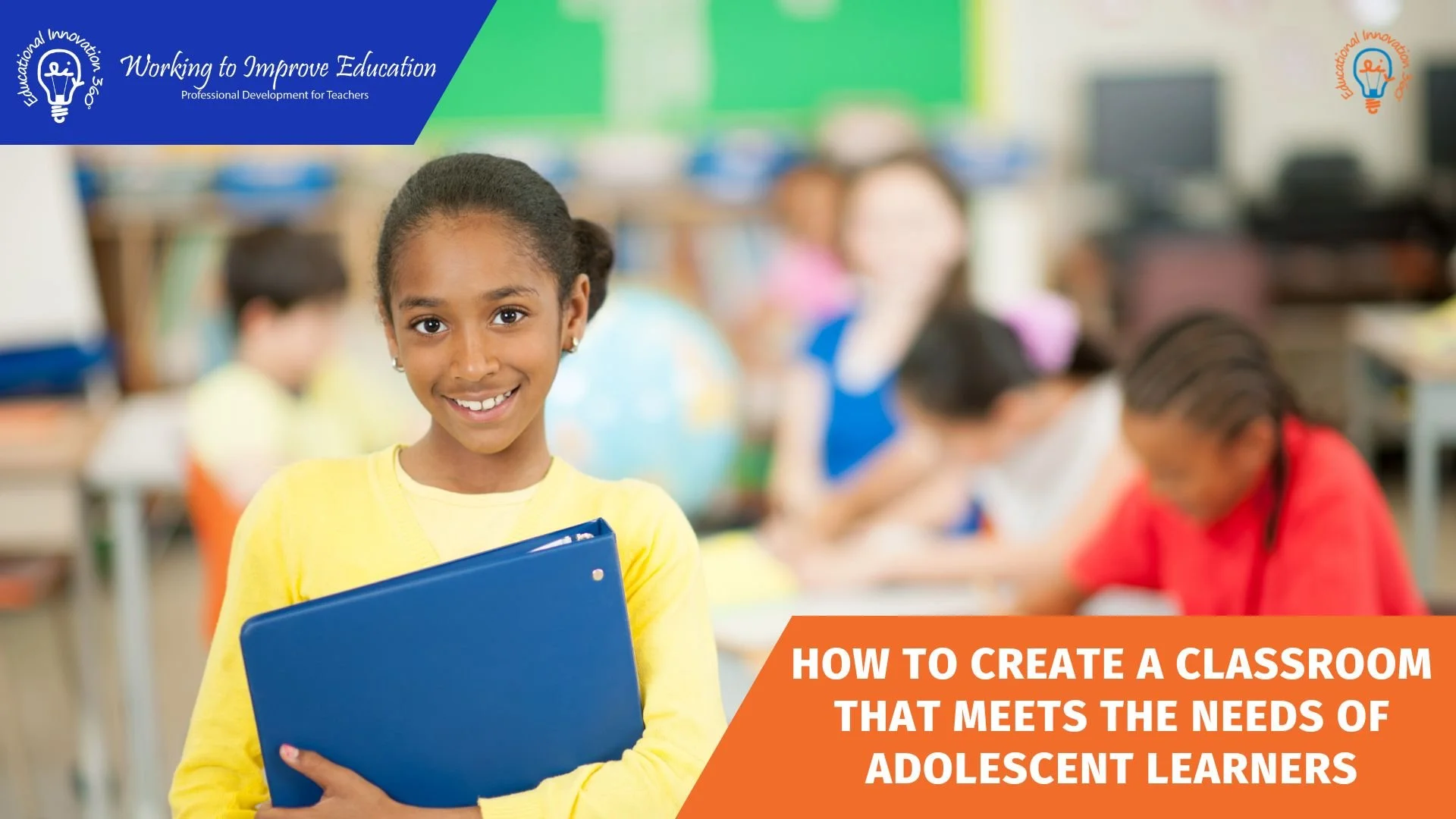Discover what motivates teachers to stay or leave their jobs. This study of 425 Wisconsin teachers reveals key factors influencing teacher retention, including job satisfaction, school leadership, and relationships with students and colleagues.
Read MoreAs K–12 principals, your role is vital in creating supportive and inclusive learning environments for all students. Check out the Multi-Tiered System of Support (MTSS) framework, which provides a comprehensive approach to ensuring equitable student outcomes.
Read MoreSchools striving to be leaders in Diversity, Equity, and Inclusion (DEI) are on the right track. Fostering a diverse and inclusive environment demonstrably improves academic achievement, student engagement, and cultural understanding. In such a community, every student feels valued and supported, reaching their full potential.
Read MoreDespite the importance of parental involvement in student success, teacher training programs and schools often struggle to equip new teachers with the necessary skills to effectively engage parents. When we incorporate comprehensive parent involvement training, we empower new educators with the knowledge and skills to foster strong partnerships with parents.
Read MoreFamily engagement is key to student success, and two-way learning is a powerful way to partner with families to boost literacy. Learn about the benefits of family engagement and identify potential barriers to sustaining a successful program.
Read MoreDiscover how students perceive family involvement, tackle language barriers, and embrace inclusive education practices in this informative journey towards brighter educational futures.
Read MoreWhat is the importance of school leaders understanding their school's data to increase student performance? Well, it is crucial!!
Read MoreWhat is the importance of measuring non-cognitive variables in education, such as personal competencies that are not easily quantified, to ensure the growth and success of students? Well, check out five ways in which non-cognitive variables can be assessed in the classroom.
Read MoreAs teachers, we document many of these occurrences in the classroom. Of course, we help our students but many teachers are not trained on ways to support students in the classrooms before a diagnosis.
Read MoreThe reason why students should write often is so they understand that it is used to communicate with others so why do we wait for the end of the unit, we need to write every day!
Read MoreWhen students take a more hands-on approach to learning, motivation comes naturally giving them the opportunity to grow and use the curriculum as a guide to true learning pathways. How are you ensuring that each student has the ability to explore their passion?
Read MoreAdolescents are pushed by two significant factors; first, their need for independence, and they are then drawn by their need for belonging so, YES, this should be your focus for the year.
Read MoreLet this be the year where you set SMART goals for yourself as a teaching professional.
Read MoreMicrolearning consists of small learning units and short-term learning activities which enhance learning and performance for students. Here is how to begin!
Read More














